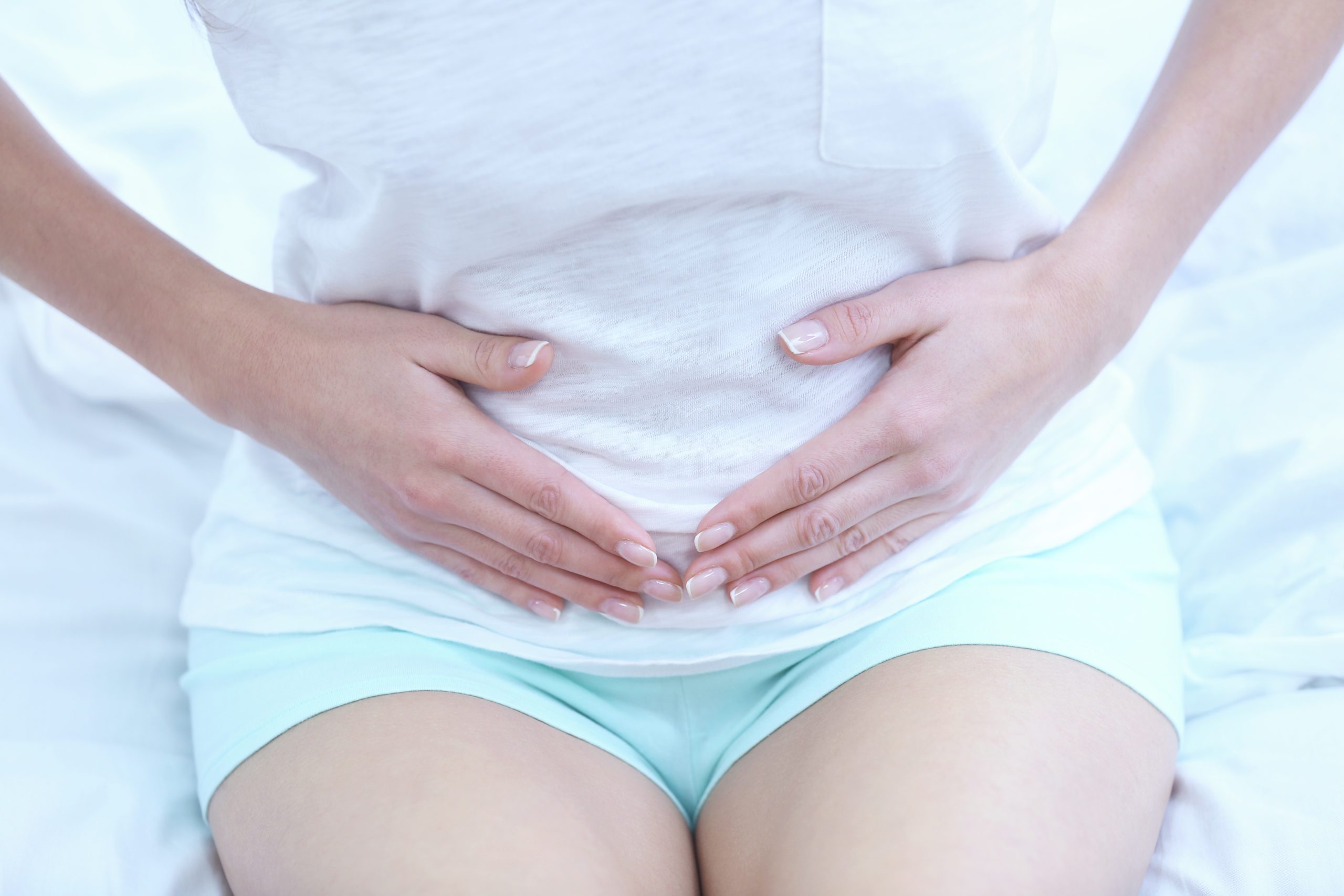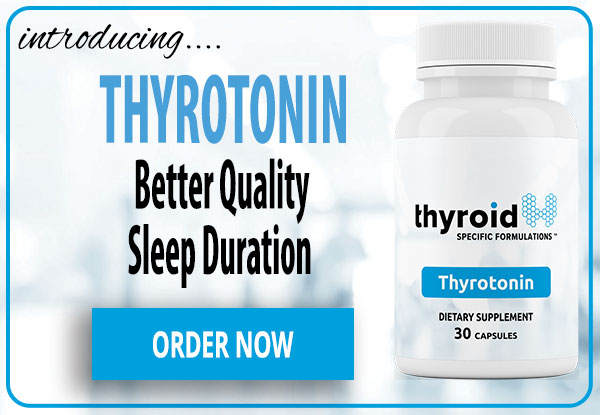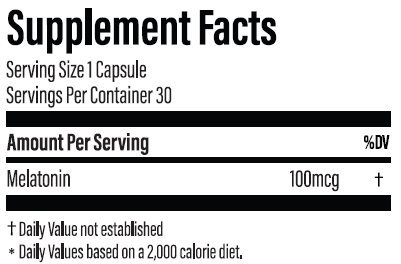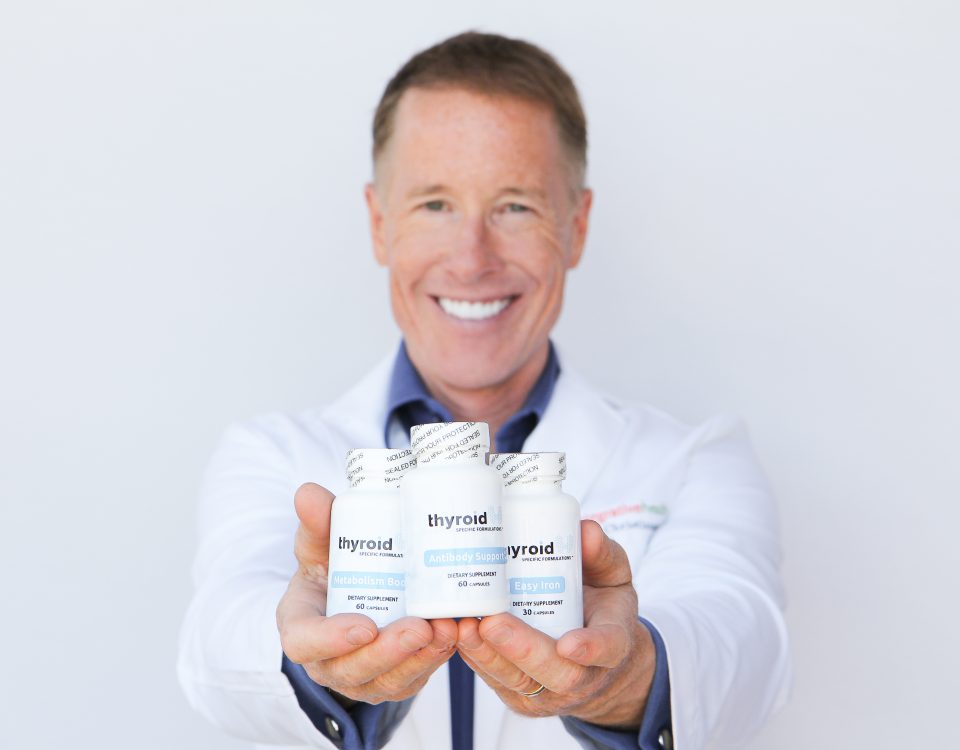1 – Wickboldt AT, Bowen AF, Kaye AJ, Kaye AM, Rivera Bueno F, Kaye AD. Sleep physiology, abnormal States, and therapeutic interventions. Ochsner J. 2012;12(2):122-134.
2 – Acuña-Castroviejo D, Escames G, Venegas C, Díaz-Casado ME, Lima-Cabello E, López LC, Rosales-Corral S, Tan DX, Reiter RJ. Extrapineal melatonin: sources, regulation, and potential functions. Cell Mol Life Sci. 2014 Aug;71(16):2997-3025. doi: 10.1007/s00018-014-1579-2. Epub 2014 Feb 20. PMID: 24554058.
3 – A possible mechanism for altered immune response in the elderly.
Mazzoccoli G, DE Cata A, Carughi S, Greco A, Inglese M, Perfetto F, Tarquini R
In Vivo. 2010 Jul-Aug; 24(4):471-87.
4 – Geiker NRW, Astrup A, Hjorth MF, Sjödin A, Pijls L, Markus CR. Does stress influence sleep patterns, food intake, weight gain, abdominal obesity and weight loss interventions and vice versa? Obes Rev. 2018 Jan;19(1):81-97. doi: 10.1111/obr.12603. Epub 2017 Aug 28. PMID: 28849612.
5 – Haack M, Simpson N, Sethna N, Kaur S, Mullington J. Sleep deficiency and chronic pain: potential underlying mechanisms and clinical implications. Neuropsychopharmacology. 2020 Jan;45(1):205-216. doi: 10.1038/s41386-019-0439-z. Epub 2019 Jun 17. PMID: 31207606; PMCID: PMC6879497.
6 – Wang B, Duan R, Duan L. Prevalence of sleep disorder in irritable bowel syndrome: A systematic review with meta-analysis. Saudi J Gastroenterol. 2018 May-Jun;24(3):141-150. doi: 10.4103/sjg.SJG_603_17. PMID: 29652034; PMCID: PMC5985632.
7 – Lin, JD., Fang, WF., Tang, KT. et al. Effects of exogenous melatonin on clinical and pathological features of a human thyroglobulin-induced experimental autoimmune thyroiditis mouse model. Sci Rep 9, 5886 (2019). https://doi.org/10.1038/s41598-019-42442-0
8 – Witt-Enderby PA, Bennett, J, Jarzynka, MJ, et al., Melatonin receptors and their regulation. Biochemical and structural mechanisms, Life Sci, 2003;72:2183–98.
9 – Low Doses of Melatonin Promote Sleep Onset and Maintenance in Older People—An Update – touchNEUROLOGY. https://touchneurology.com/alzheimers-disease-dementia/journal-articles/low-doses-of-melatonin-promote-sleep-onset-and-maintenance-in-older-people-an-update/. Accessed May 28, 2021.
10 – Gooneratne NS, Edwards AY, Zhou C, Cuellar N, Grandner MA, Barrett JS. Melatonin pharmacokinetics following two different oral surge-sustained release doses in older adults. J Pineal Res. 2012;52(4):437-445. doi:10.1111/j.1600-079X.2011.00958.x
11 – Bellipanni G, Bianchi P, Pierpaoli W, Bulian D, Ilyia E. Effects of melatonin in perimenopausal and menopausal women: a randomized and placebo controlled study. Exp Gerontol. 2001 Feb;36(2):297-310. doi: 10.1016/s0531-5565(00)00217-5. PMID: 11226744.
12 – D’Anna R, Santamaria A, Giorgianni G, Vaiarelli A, Gullo G, Di Bari F, Benvenga S. Myo-inositol and melatonin in the menopausal transition. Gynecol Endocrinol. 2017 Apr;33(4):279-282. doi: 10.1080/09513590.2016.1254613. Epub 2016 Dec 2. PMID: 27910708.











